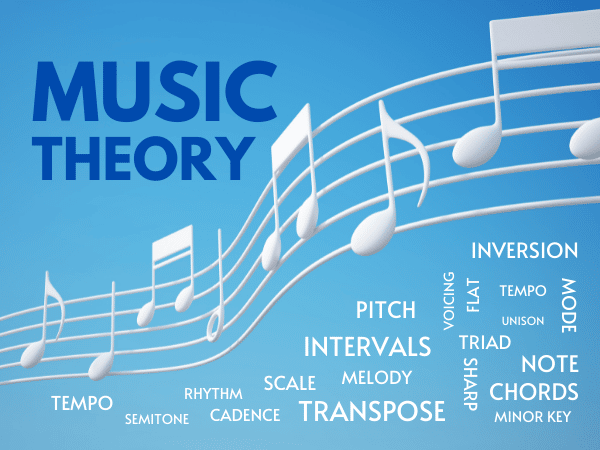It helps you understand and analyze music. Music theory can help you understand the underlying structure of a piece of music and how different elements work together. This can help you appreciate music on a deeper level and make more informed decisions as a performer or composer.
It helps you communicate with other musicians. Music theory provides a common language for musicians to communicate and collaborate. If you understand music theory, you'll be able to more effectively communicate with other musicians and understand what they're trying to achieve.
It helps you improve your musicianship. Music theory can help you develop a better sense of pitch, melody, and harmony, and it can also help you develop your ear training skills. All of these skills can help you become a better musician overall.
It helps you write and arrange music. Music theory can help you understand how to create and arrange music effectively, whether you're composing your own songs or arranging someone else's music. It can also help you understand the different possibilities and limitations of your chosen instrument.
It helps you learn new music more easily. If you understand the underlying structure of a piece of music, you'll be able to learn it more quickly and effectively. This can be especially helpful if you're learning a new instrument or trying to improve your sight-reading skills.
Whether you're a performer, composer, or simply an avid music listener, understanding music theory can enhance your appreciation and understanding of music.

Comments
Post a Comment